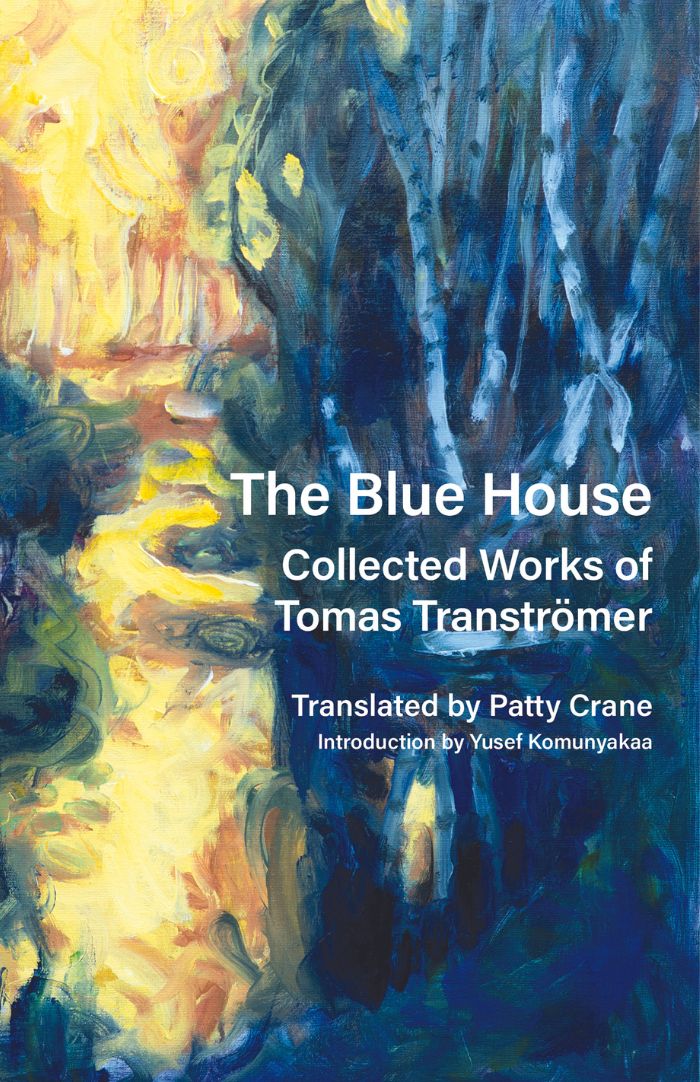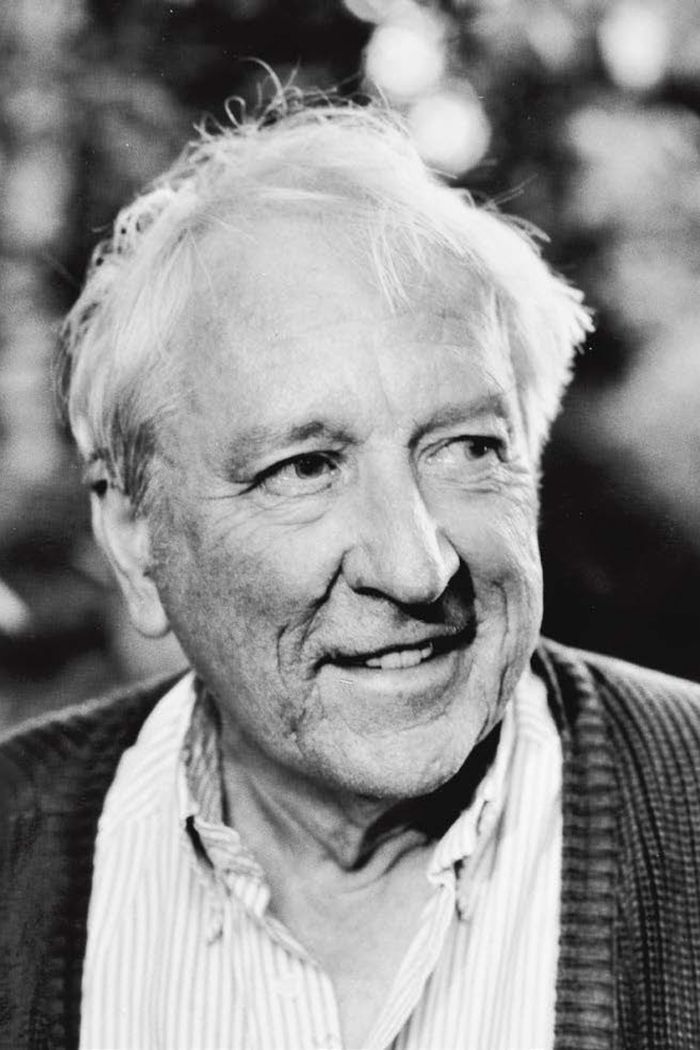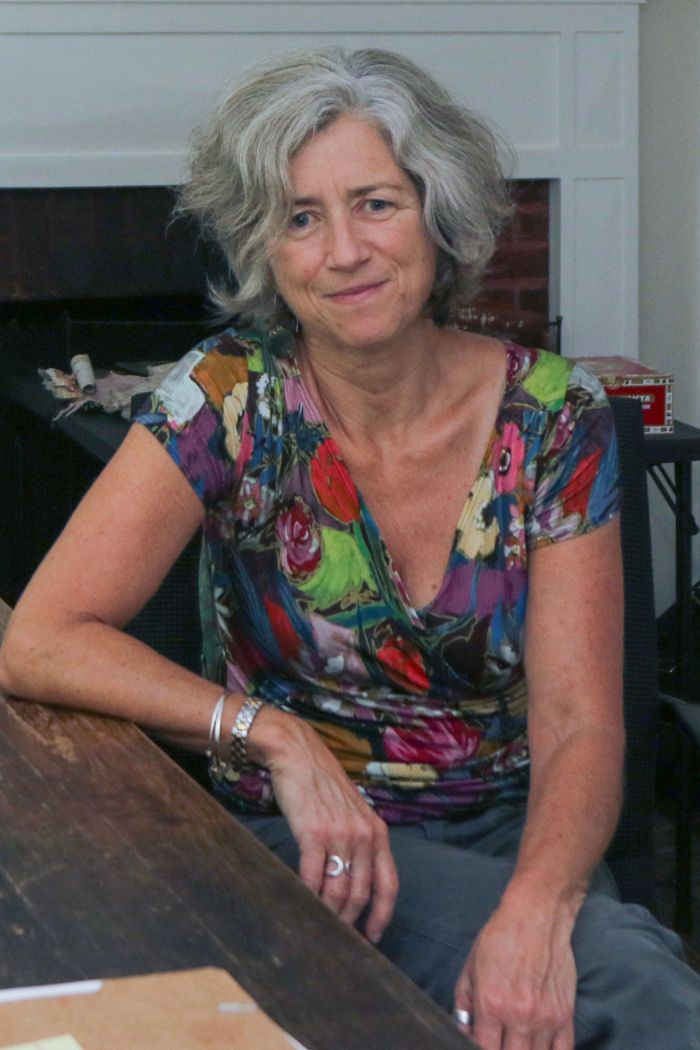
With slow strokes and subtle, rich lines, The Blue House: Collected Works of Tomas Tranströmer is evidence of a Nobel Prize–winning poet tracing the world with his pen. A stunning testament to an illustrious career, The Blue House gathers poems and writings from Tranströmer’s fourteen collections into a single book. Original Swedish sits alongside their English translations as Patty Crane translates his words into revelatory language acute in the understanding of human change and loss.
Subtle in politics and exact in imagery, the poems of The Blue House range from agile haiku to cinematic prose. Social phenomena are observed in rich detail—for instance, a “dictator’s bust” presiding over a train car of doomed passengers—and the collection is propelled by empathy and curiosity. Under Tranströmer’s watchful eye, no subject is overlooked: Milij Balakirev, the Russian composer; Nils Dacke, the Swedish peasant who led a rebellion against the king; and him, the stranger who forgets his name by the roadside. From the personal to the political to the existential, Tranströmer’s poems act as a telephoto lens, granting us reinvigorated access to the world we live in.
ISBN: 9781556596858
Format: Hardcover
Reviews
Winner of the PEN Award for Poetry in Translation
At once avant-garde and traditional, his poetry straddles the worldly occasional and the metaphysical, the ordinary and the numinous, standing, as it does, in the space between waiting and revelation.—Poetry Foundation
“Incandescent. Crane’s translations feel as close to the original Swedish as one is likely to get. . . . This new gathering will draw readers into the poet’s grounded realm of both the familiar and the magical. . . . The Blue House will long be considered the definitive tome of Tranströmer’s work in English and should be on every poetry shelf.”—Raúl Niño, Booklist, STARRED review
“A poem by Swedish Nobel laureate Tomas Tranströmer is one in which ‘consciousness can take hold of the world/ like a hand clutching a sun-warmed stone.’ Tranströmer’s grasp is gentle, but startling surprises surface from the depths in his hand. This book is the culmination of a years-long endeavor by Patty Crane to render all of Tranströmer’s work in an English as subtle and sensitive as the poet’s original Swedish, in which ‘The shadows here are deep/ without a voice.’ There are many versions of this titanic poet in English, but this one should become the standard—Crane’s translation is the Tranströmer to read.”—Craig Morgan Teicher, NPR “Books We Love 2023”
“Skillfully rendered in Crane’s translations, these frequently restrained poems are studded with unforgettable phrases, weaving music, mythology, and the personal. . . . This is a revelatory gathering from one of 20th-century poetry’s most enduring presences.”—Publishers Weekly
“Known for compressed perceptions that capture numinous mysteries within the ranges of ordinary life . . . Tranströmer dismantled any Scandinavian stereotype of lugubrious alienation, finding the countervailing value within the despair (‘You drank the darkness / and became visible’) or celebrating ordinary pleasures like espresso: ‘the black droplets of deep insight / sometimes intercepted by the soul.’ Patty Crane’s beautifully judged translation fulfills the need for a version of Tranströmer in a current, American idiom. A must for the poetry lover’s library.”—David Woo, Lit Hub
“With memorably crafted verse covering a wealth of subjects ranging from nature to death, grieve and loss, The Blue House is especially and unreservedly recommended as a seminal and core addition to personal, professional, community, and college/university library poetry collections.”—Midwest Book Review
“An even greater achievement . . . the first complete bilingual collection of the Swedish Nobel laureate’s work in English.”—Dennis Maloney, Rain Taxi
“Having available such a superb rendering in English of Tranströmer’s verse is a boon for the ambitious poet, for academic study, and for the level-headed consideration of the man and his work taken as a whole. Now, if there were only a Nobel Prize for translators.”—Johnny Payne, Merion West

